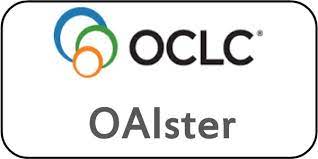Flow Cytometer: The Need of Modern Hematology Laboratory
Keywords:
Flow cytometer,, hematology, immunohistochemistryAbstract
Indeed, laboratory diagnosis is rapidly changing from what it was in the past to the present. Nowadays, flow cytometer
(FCM) has become a novel introduction to the modern diagnostic technique, mainly in the field of hematology. In case of
acute leukemia, peripheral blood, bone marrow examination, cytochemistry and immunohistochemistry for differentiation
of myeloid or lymphoid lineage is required, which is feasible by flow cytometry. It has dramatically improved the diagnostic
efficiency and reduced the duration of sampling along with better diagnostic outcomes as well as provided efficient
therapeutic monitoring of any drug or drug regimen. It has also opened some more sensitive therapeutic plans, like
monitoring “Minimal residual disease (MRD)”, which is not possible without FCM. Detection of MRD has led to improved
overall survival of patients. It has also opened up huge opportunities for research, which has become an important part of
academic curriculum nowadays. Considering the importance and absolute necessity for better outcomes in hematology, the
knowledge of basic principle of FCM becomes indispensable. Here, we try to elucidate the elementary components of this
technique and also highlight its uses.
Downloads
Published
Issue
Section
License
All open access articles published in IJCP are distributed under the terms of the CC BY-NC 4.0 license (Creative Commons Attribution-Non-Commercial 4.0 International Public License). This license permits unrestricted use, distribution, and reproduction of the articles in any medium for non-commercial purposes, provided that: The original authorship is properly and fully attributed. The IJCP is cited as the original place of publication with correct citation details. If an original work is reproduced or disseminated in part or as a derivative work, this must be clearly indicated. No articles are reproduced for commercial use without prior consent from the IJCP. All licensing requests and permissions for commercial use will be managed by the Publisher.










